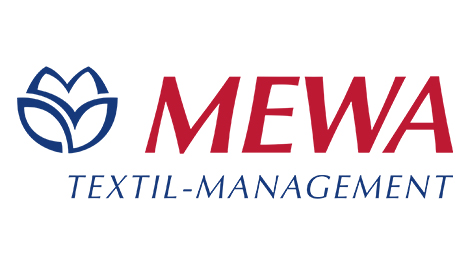Small, simple steps towards sustainability
Reducing the environmental impact of your operation might seem like a daunting task, but by making some simple changes, you can operate more sustainably and cut costs.
There are few hotter topics right now than sustainability in the printing industry. Businesses are working hard both to deliver on corporate social responsibility (CSR) commitments and to reduce their environmental impact. Legislation and consumer demands are driving many to scrutinise the environmental footprint of their operations. Great strides have and are still being made, especially through greener technology, FSC and PEFC certification schemes, initiatives such as Two Sides, Envirowise and standards like EMAS (Eco Management and Audit Scheme), but there are still challenges.
Cleaning up
Indeed, when it comes to keeping your facilities and equipment clean, there is a new approach you can adopt that will reduce the environmental impact of your operations significantly, save you money and make your life easier.
Workshops typically use rags or disposable blue-paper roll to mop-up ink and other liquid spills that may contain chemicals – and to clean machinery – but this practice has a significant environmental impact.
Like the use of any disposable product, it is inherently wasteful. Any cleaning cloths and blue paper soaked with ink, solvents or other chemicals, could be classified as “absolute hazardous” entries on the Waste Framework Directive’s “List of Waste” document and must, therefore, be safely stored before being disposed of by an accredited hazardous wastes contractor. Sometimes, if they are disposed of incorrectly, they can even end-up in landfill. Further, rags and blue paper towels are not really all that efficient at absorbing liquids.
Instead of this traditional approach, printers are contracting third-party suppliers to deliver high-quality re-usable wipes. Once soiled, these are then collected, laundered and returned for re-use. Robust, durable and low lint, these cloths are able to rapidly soak-up large volumes of ink and liquids.
Not only does this approach reduce cleaning time, thereby saving you money, it also eliminates the need to manage the purchase, delivery, storage and disposal of single-use materials, not to mention the wasteful packaging these come in.
Environmental benefits
The environmental benefits of using such a service are numerous. The wipes can be re-used up to 50 times and, at MEWA, we estimate that the adoption of this service by our customers prevents 85,000 tonnes of industrial waste from being created.
We also provide our cleaning wipes in our SaCon storage container, ensuring that they are stored safely once used, preventing potential emission of VOCs. More importantly, cloths soaked with paint and solvent do not self-ignite when they come into contact with oxygen, because Mewa SaCons can be sealed airtight.
Switching to wipes that are collected, washed and inspected under a full-service leasing model means that the supplier takes responsibility for their environmental impact and presents printing workshops with an easy way to operate in the circular economy.
Taking this simple approach will help you to save money, reduce your environmental impact and improve your appeal to increasingly sustainability-focused customers.


